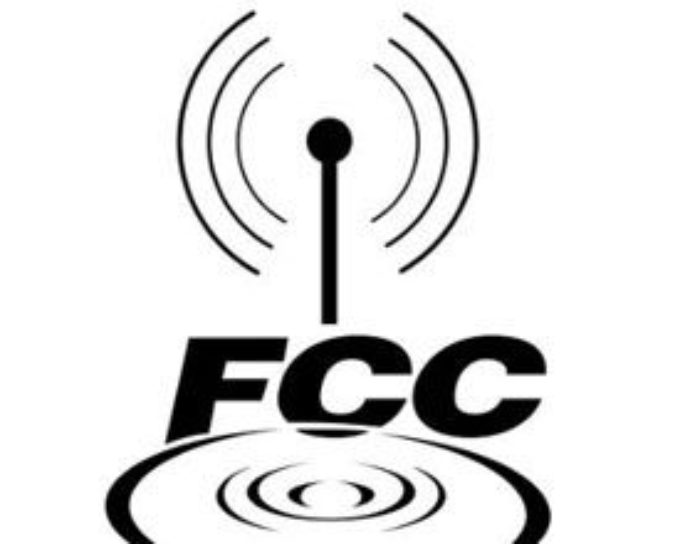
FCC Overturns North Carolina and Tennessee Restrictions to Expansion of Community Broadband
By Lan Du – Edited by Sarah O’Loughlin
On February 26, along with the decision in favor of net neutrality, the Federal Communications Commission (“FCC”) voted to preempt the North Carolina and Tennessee state laws preventing the expansion of community broadband networks. The vote was split 3-2 along party lines, with the Chairman Tom Wheeler joined by fellow Democrats Mignon Clyburn and Jessica Rosenworcel.
The FCC order came in response to petitions filed by two municipal broadband networks: the City of Wilson, North Carolina and the Electric Power Board (EPB) of Chattanooga, Tennessee. Both operated broadband networks providing Gigabit-per-second broadband, voice, and video service. Under Tennessee laws, municipal electric systems like EPB are not allowed to provide internet and cable services out of its electrical system footprints. A 2011 North Carolina law similarly prevents the City of Wilson from expanding its gigabit fiber network, prohibiting its deployment to any areas in which residents currently have Internet service of at least 786kbps, a speed threshold that falls woefully short of any practical online use and is far below the FCC’s newly revised broadband definition.
In overturning these states laws, the FCC relied on the Section 706 of the Telecommunications Act of 1996. Section 706 requires the FCC to encourage the deployment of broadband to all Americans by using "measures that promote competition in the local telecommunications market, or other regulating methods that remove barriers to infrastructure investment." The FCC concluded that the subjected provisions of the Tennessee and North Carolina laws erected such barriers, conflicting with the federal regulation provided by Section 706.
The FCC believes that its preemption will speed broadband investment, increase competition, and serve the public interest. According to the FCC’s news release, the community broadband networks in both areas have attracted major employers, including Amazon and Volkswagen in Chattanooga, and Exodus FX, Regency Interactive, and WHIG TV in Wilson, largely due to the greater level of broadband services. Surrounding areas, however, will not be able to enjoy such benefits because the local leaders’ hands are tied by restrictive state laws that blocked or severely curtailed community broadband efforts. The reasoning behind this, as asserted by Chairman of the FCC Tom Wheeler in his statement, is often the heavy lobbying support by incumbent broadband providers.
The critics of the FCC order, however, challenged the FCC’s jurisdiction in the community broadband issue and its interpretation of Section 607. Opponents argued that the preemption overstepped the bounds and anticipated bringing lawsuits to challenge the FCC’s authority. “By asserting jurisdiction where it clearly has none, the FCC is setting itself up for wasteful and unnecessary litigation,” said Chris Nelson, chairman of the National Association of Regulatory Utility Commissioners. Republican commissioner Michael O'Rielly also pointed out that, "it was [is] not the government's role to offer services instead of or in competition with private actors," and further criticized that the FCC order relied on an "illogical and tortured" reading of Section 706.
Following the FCC order, several congressional Republicans also immediately submitted a new bill barring the FCC from preempting state laws limiting municipal broadband projects.
Despite the opposing voices, Wheeler appears to be determined in “giving local communities a full range of options for meeting their broadband needs,” as promised in his statement, and will not stop at the two states. The FCC could preempt laws in more states if communities file petitions asking the commission to do so.
However, a New Yorker report warned that cities in other states with their own broadband plans should proceed carefully. According to Vauhini Vara, the FCC currently only overrules laws in those states that allow municipal broadband but employ restrictions. Still, in states with the most severe restrictions on municipal broadband, the FCC may find it more difficult to supersede the principle of state sovereignty. Further discussions regarding this matter could also be found at USA TODAY, Ars Technica and Washington Post.
Lan Du is a LLM student in the Class 2015 of Harvard Law School.